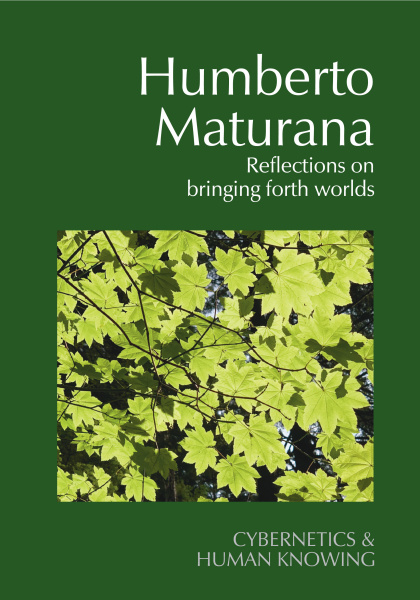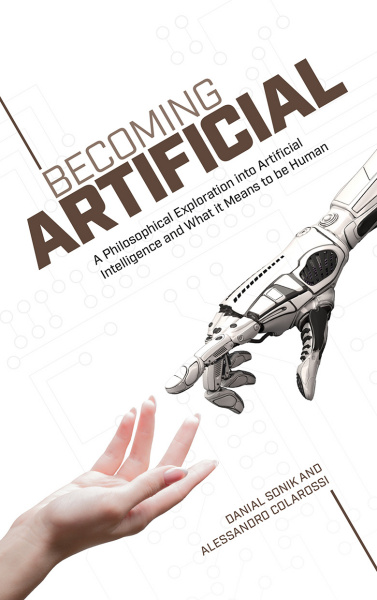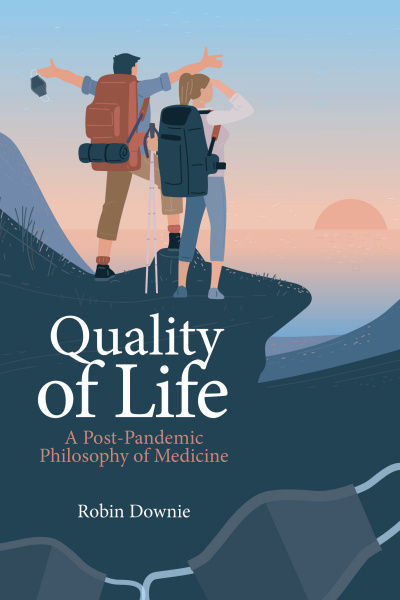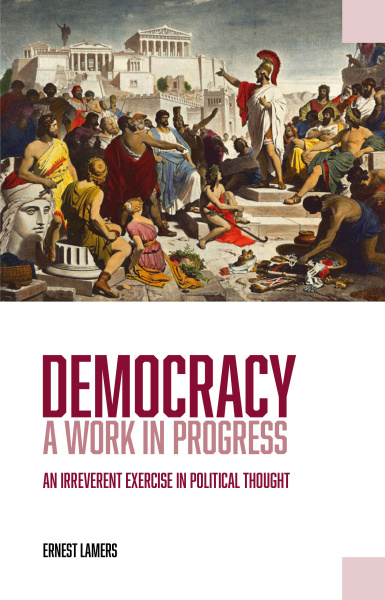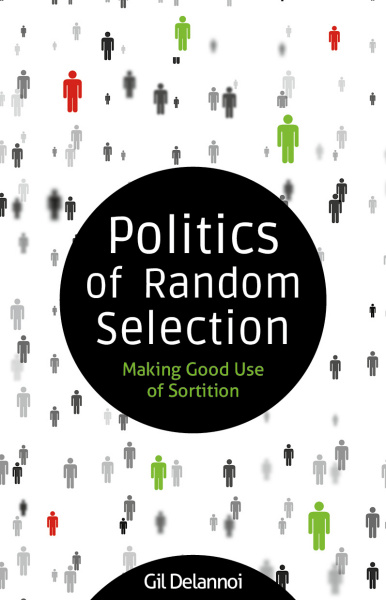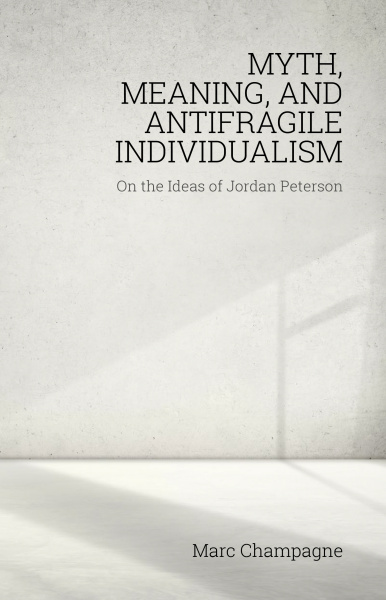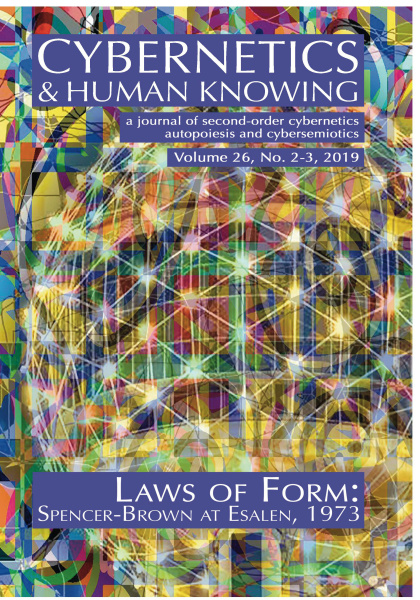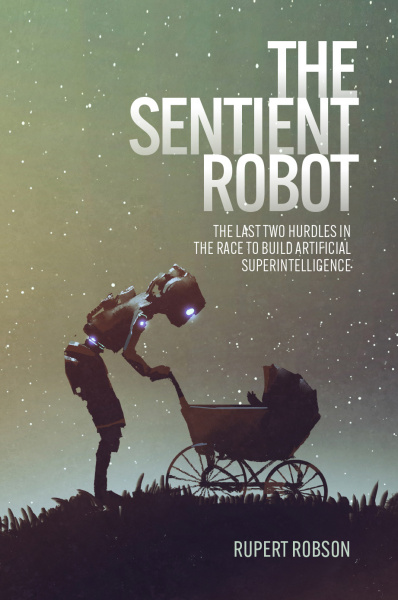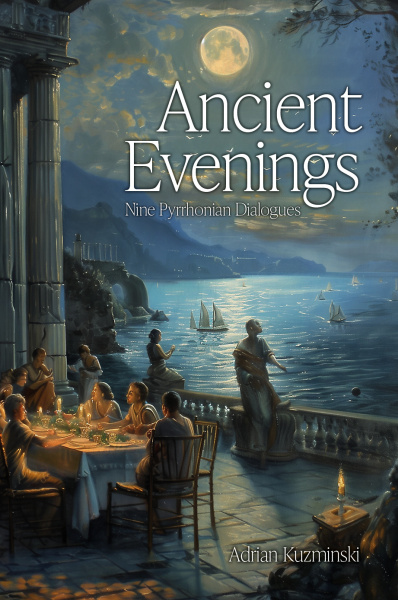Imprint Academic
Works involving Philip B. Whyman
-

Moored to the Continent?
Future Options for Britain and the EU
(Author)Is there an alternative to EU membership? What if Britain left the EU? Would it be a disastrous or liberating experience? What trade relationships could the UK forge outside the EU? How would economic and social policy be different? What are the implications for sovereignty and democracy? This text seeks to answer these questions.
-

Great Reading Disaster
Reclaiming Our Educational Birthright
(Author)By the late 1980s half the nation's children were receiving 11 years of progressivist schooling that failed to give them even the elementary basis of education that was completed by the age of 7 in earlier days. This book explains the causes and provides the solution to this problem.
-

1975 Referendum on Europe
Volume 2. Current Analysis and Lessons for the Future
(Author)Provides an analysis of the relationship between the UK and the EU, treating the key overarching issues in the 1975 referendum and looking ahead to the prospect (eventually) of further referendums on the subjects of EMU and a European...
-

Britain In a Global World
Options for a New Beginning
(Edited by)This edited collection explores the future options for the UK regarding its relationship with the European Union (EU). the effective choice Britain possesses is between an essentially European future or a comprehensive global strategy. Contributors include: Ruth Lea, Matthew Elliott, Patrick Minford, Ian Milne, David Lascelles.

